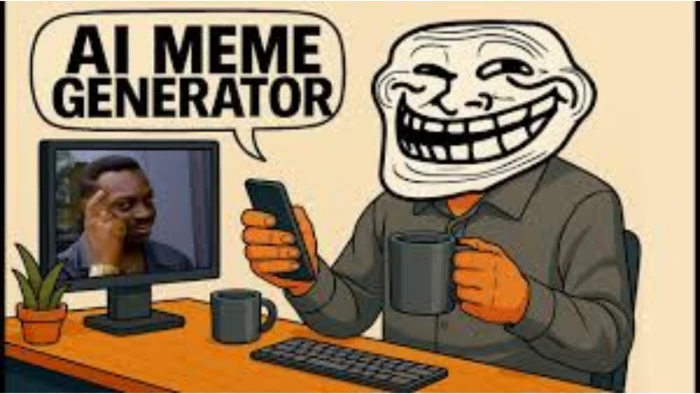

Memes have become the universal language of the internet. They shape conversations, capture cultural moments, and spread faster than any news headline. A single meme can make us laugh, spark debate, or even launch a new trend overnight. But with artificial intelligence now dabbling in humor, many are asking: Can AI actually create memes that go viral?
AI tools like ChatGPT, DALL·E, MidJourney, and MemeGenerator are already being used to create captioned images, remix meme templates, and even invent new formats. These platforms can whip up dozens of meme variations in seconds—something that would take human creators hours of brainstorming.
For marketers, brands, and meme accounts, this ability to scale content at lightning speed is tempting. After all, in a world where trends come and go in a matter of hours, speed often determines who goes viral and who’s left behind.
To truly catch fire, a meme usually needs four ingredients:
While AI can mimic some of these factors, virality often hinges on cultural intuition—something humans still do better.
We’re already seeing glimpses of AI’s viral potential. For example:
These examples show that while AI might not create memes with soul on its own, it can spark the kind of odd, absurd humor the internet loves to share.
As AI evolves, its cultural understanding will only deepen. Future models may generate memes so attuned to trends that we won’t know—or care—if a human or machine created them. But for now, the sweet spot is collaboration: AI does the heavy lifting of content generation, and humans add the wit, timing, and cultural pulse.
So, can AI create memes that go viral? Yes—but rarely in isolation. AI is a powerful assistant, producing endless formats and ideas, but that unpredictable spark of human creativity still makes the difference between a scroll-past meme and one that takes over the internet.
Be the first to post comment!